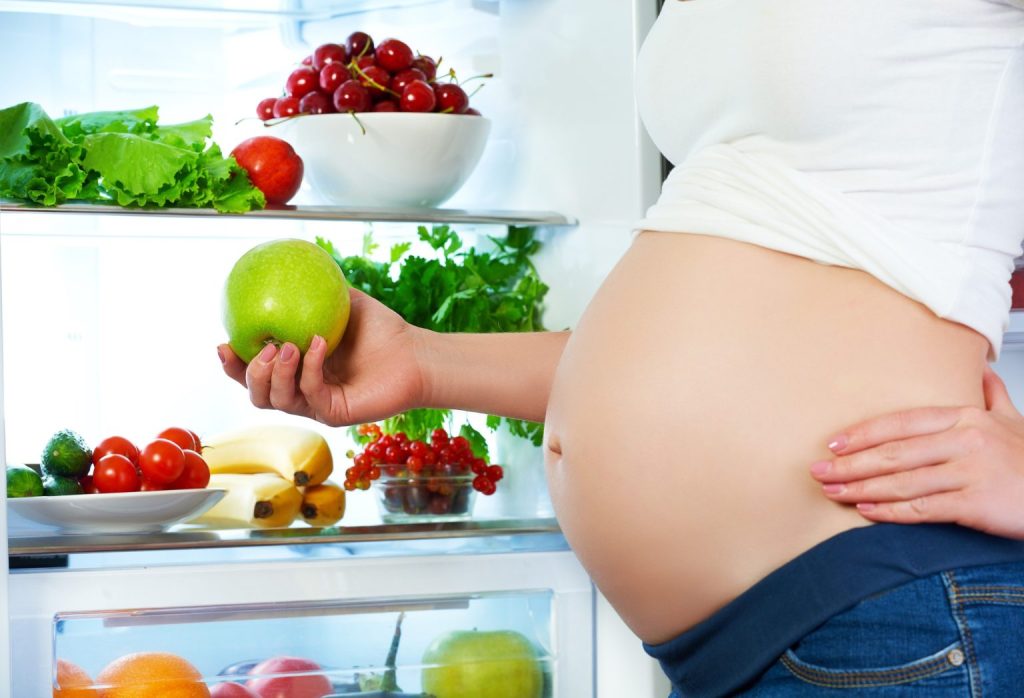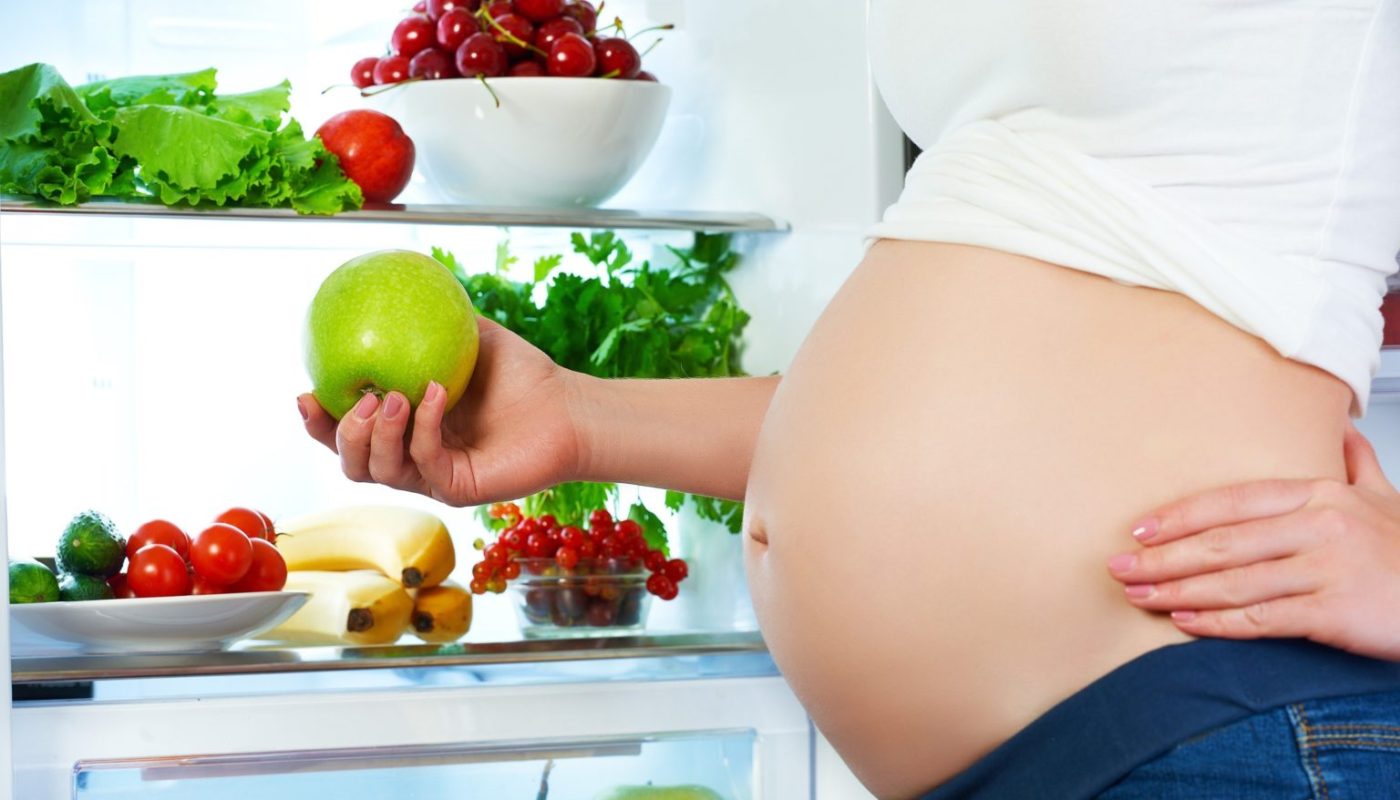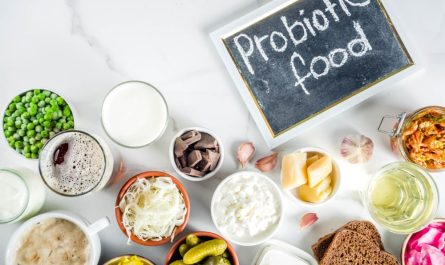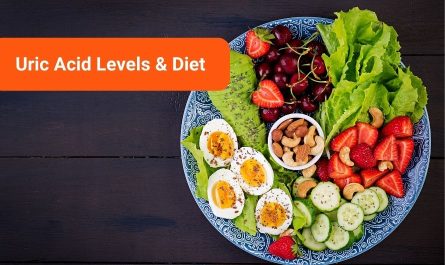Introduction:
Pregnancy is a miraculous journey filled with excitement, anticipation, and a whole lot of changes – including dietary ones. A mother’s diet plays a crucial role in the development and well-being of her baby. Hence, it’s essential to adopt a balanced and nutritious pregnancy diet to ensure both mother and baby receive the required nutrients for optimal health. Let’s look into the fundamentals of a pregnancy diet and explore some practical tips for maintaining a healthy eating routine during this transformative time.
Understanding Nutritional Needs:
During pregnancy, a woman’s body undergoes significant changes to support the growth and development of the baby. To meet these increased demands, it’s vital to consume a variety of nutrients, including:
- Folate and Folic Acid: Essential for preventing neural tube defects, folate-rich foods like leafy greens, fortified cereals, and legumes should be a staple in a pregnant woman’s diet.
- Iron: Pregnancy increases the body’s need for iron to regulate the production of RBCs and prevent anemia. Adding iron-rich foods such as lean meats, poultry, fish, beans, and fortified cereals can help meet these requirements.
- Calcium: Calcium is essential for the development of the baby’s bones and teeth, calcium can be found in dairy products, leafy greens, fortified plant-based milk, and calcium-fortified foods.
- Protein: Necessary for the growth and repair of tissues, protein sources like lean meats, poultry, fish, eggs, dairy, nuts, and seeds should be included in the pregnancy diet.
- Omega-3 Fatty Acids: Important for fetal brain and eye development, omega-3 fatty acids are abundant in fatty fish like salmon, mackerel, and sardines, as well as flaxseeds, chia seeds, and walnuts.
- Vitamin D: It is very important for calcium absorption in your body and bone health. Ic can be attained through sunlight exposure, fortified foods, and supplements.
- Fiber: Helps prevent constipation, a common discomfort during pregnancy, and is found in fruits, vegetables, whole grains, legumes, nuts, and seeds.
Practical Tips for a Healthy Pregnancy Diet:

- Eat a Variety of Nutrient-Dense Foods
- Stay Hydrated
- Go for smaller, more frequent meals to help alleviate nausea, heartburn, and discomfort associated with pregnancy.
- Pay attention to hunger and fullness cues, and eat when you’re hungry.
- Minimize the risk of foodborne illnesses by thoroughly washing fruits and vegetables and cooking meats and eggs thoroughly.
- Limit Caffeine and Avoid Alcohol
- Every pregnancy is unique, so it’s essential to consult with a registered dietitian to develop a tailored nutrition plan tailored to your specific needs and dietary preferences.
Conclusion:
A healthy pregnancy diet is fundamental for ensuring the well-being of both mother and baby. By prioritizing nutrient-rich foods, staying hydrated, and following practical tips for maintaining a balanced eating routine, expectant mothers can nurture their bodies and support optimal fetal development. Remember, pregnancy is a time of profound transformation, and nourishing yourself with wholesome foods is one of the most precious gifts you can give to your growing baby.



